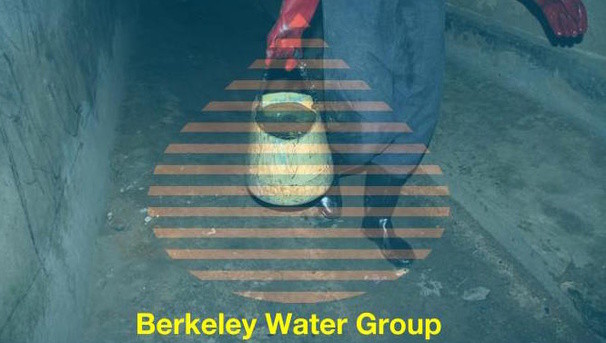This project is now in update mode. Check back regularly to see how things are progressing.
A Better Place to Dump
This project has ended, but you can still support amazing Berkeley initiatives by visiting give.berkeley.edu. Your continued support of our students, faculty and staff will ensure that Berkeley remains the #1 public university. Go Bears!
We have met our goal! Thank you for your support. With these funds, we will run a pilot transfer station in one community for at least 3 months. We are continuing to raise funds until May 6. Extra money we raise beyond our goal will help us build more transfer stations for another community in Kigali and provide more sanitation workers with the training and Personal Protective Equipment (PPE) kits.

We are students of the Berkeley Water Group Idea Lab. We know that 1.6 million people die every year from diarrheal diseases because they lack access to safe drinking water or basic sanitation. We know that to combat this, organizations and governments around the world are making their agenda building toilets. But we’re not impressed.
Toilets are not enough
3.8 billion people use toilets that are not connected to sewer systems because they are the cheapest and only available option for slum locations. Sooner or later, these toilets fill. When there is no room to build a replacement pit, the old pit must be emptied.
Mechanical emptying is costly and vacuum trucks often cannot access households in the narrow alleyways of dense urban settlements. Manual emptiers remain the cheapest and most accessible way for households to empty their toilets.
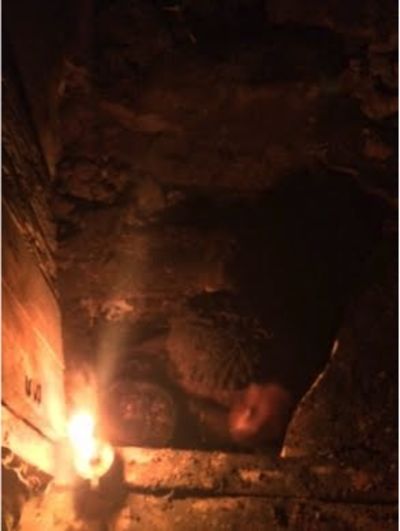
Manual Emptier Excavating a Pit Latrine
Manual emptiers are poorly paid and cannot afford safety gear. Many emptiers use alcohol or drugs to numb themselves before jumping into pits of festering fecal solids. Without a means to transport the waste away from the community, it is dumped or buried in nearby streams or ditches, contaminating drinking water sources and exposing the community to toxins and pathogens.
Manual emptying has been outlawed in many places due to its danger for emptiers, surrounding community, and the environment. Emptiers often keep their work secret, even from their families. Generations of these workers have endured humiliation and inhumane work conditions to separate communities from feces. This is an explosive violation of human rights.
Our Project-Collecting Waste to Make Fuel
If handled properly, human waste can be transformed into an energy rich resource that can be used as fuel. Our solution to eliminating inhumane work conditions and haphazard dumping is to connect two key players: pit emptiers and fuel companies.
We will partner with Pivot, a waste-to-fuel startup company, to develop the hardware and local capacity needed to collect waste from informal communities and turn it into fuel. Pivot is based in Kigali, Rwanda and like most cities in sub-Saharan Africa, the majority of Kigali’s residents – over 60% – live in informal settlements and use pit latrines that are emptied into ditches or streams in the community.
The Berkeley Water Group will support the construction of transfer stations, which will provide a local and safe place to dump so that emptiers are no longer forced to illegally and haphazardly dump human waste in public spaces. A transfer station is a holding tank that acts as an intermediate dumping point to reduce the transport distance required to travel to a safe disposal site. Once a transfer station fills up, Pivot can safely empty the waste from the transfer station and convert it to clean, green, solid fuel--an alternative to fossil fuel for industrial uses. It’s a win-win-win. For Pivot, the more waste they collect, the more revenue they can generate from fuel sales. Workers will benefit from training and personal protective gear and emptying tools that Pivot will provide to keep their partners healthy. Communities will realize the health benefits of less contaminated water sources.
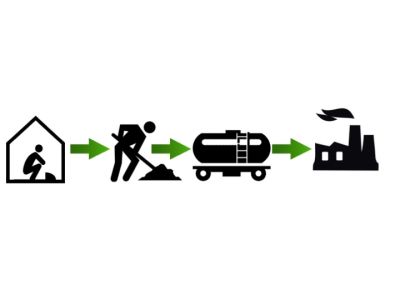
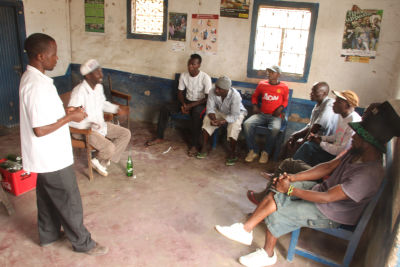
Emptier Safety Training
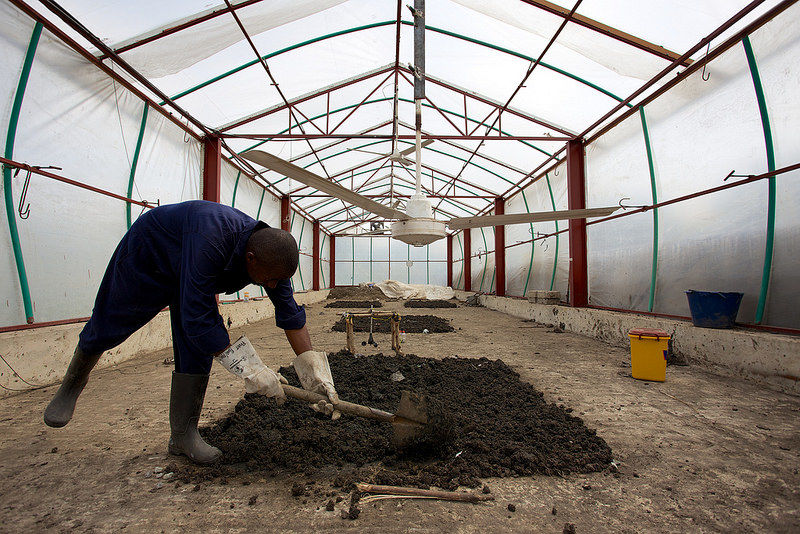
Conversion of Human Waste to Fuel at Pivot's Pilot Plant
Our partners at Pivot will match the funds we raise in this campaign and we’ll use the sum of the funds to construct first transfer station, equip emptiers with protective gear, and help design safety protocols that minimize worker exposures to pathogens.
Our interdisciplinary group of students and practitioners from the fields of engineering, earth sciences, sociology, and public health will also design monitoring programs and tracking tools to ensure that infectious human waste is reaching the treatment site safely, reliably, and cost effectively with minimal risks to workers at all stages in the process.
We will run a transfer station pilot in at least one community for at least 3 months. If we exceed our fundraising goal, we can build more transfer stations for other communities and provide more sanitation workers with the training and Personal Protective Equipment (PPE) kits.
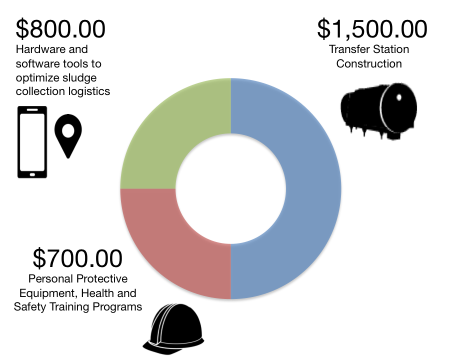
The Team
- Rachel Sklar: Industrial Hygiene
- Sharada Prasad: Energy and Resources Group
- Megan Maurino: Conservation and Resource Studies
- Estrella Sainburg: International Development Studies
- Narayan Gopinathan: Environmental Science and Policy
- Christine Tyler: Political Science
- Meghna Patnaik: Sustainable Design
$25
$25 - Great thing.
$25 will get you Karma points and recognition on Berkeley Water Group social media as a water and sanitation hero.
$50
$50 - Cool things.
$50 will purchase the Personal Protection Equipment (PPE) kit that supplies one sanitation worker with tools and protective gear to prevent the ingestion pathogens.
$75
$75 dollars - Fun stuff.
For $75 you get an invitation to attend or Skype into a Berkeley Water Group Meeting. Check out our calendar of guest lecturers and join us for an engaging talk or workshop in the field of water, sanitation, and beyond.
$100
$100-Amazing Stuff.
$100 is making a statement about your commitment to health and safety. Your contribution will provide a safety training workshop for a group of 5 sanitation workers.
$250
$250-Simply The Best.
Provide the PPEs and safety trainings for a group of 10 emptiers, get recognized as a superhero on our newsletter, and get invited to an in person Berkeley Water Group spring social where you will be recognized for your contribution.
$500
$500 - Doesn’t get better.
Access to our field notes and invitation to make a statement about the importance of sustainability on the Berkeley Water Group newsletter or blog. Plus everything above.
$1,000
$1,000 - Oh, But it does.
You are personally invited to Kigali, Rwanda for a few days to watch the magic happen. (Airfare not included).

